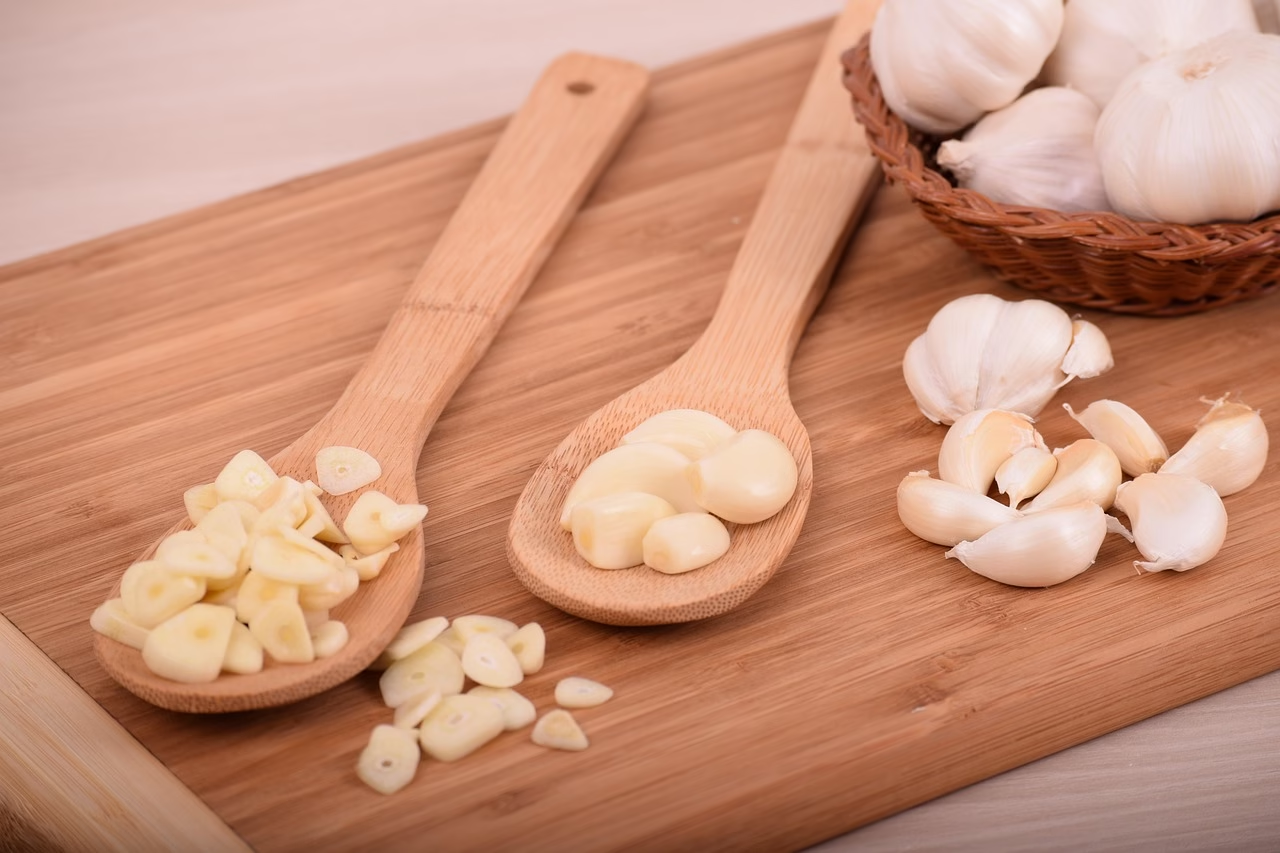
The Perilous Spread of the Wellness Craze
In the last decade, wellness has risen from a quiet niche into a full-blown cultural phenomenon. Everywhere we look—on our smartphones, supermarket shelves, and social feeds—we’re inundated with messages promising longevity, vitality, and transcendence through the perfect smoothie, an exotic meditation, or the latest magic mushroom tincture. While this surge of interest in health and self-care is undeniably positive in many ways, it carries a quieter, more insidious risk that too often goes unnoticed.
Wellness: A Double-Edged Sword
At its heart, wellness is beautifully holistic: it integrates mental health, nutrition, physical activity, and mindful living to promote a balanced and meaningful life. But the commercial boom driving the wellness industry frequently distorts these principles, turning them into commodified trends that can lead to confusion, anxiety, and even harm.
When a market’s hunger for the “next big thing” outpaces sound science or ethical practice, the consequences can be subtle yet profound.
From Empowerment to Pressure
Wellness, originally a powerful tool for self-empowerment, often devolves into perfectionism and chronic stress. The well-intended messages to “listen to your body” or “be kind to your mind” sometimes morph into rigid rules that demand the perfect diet, the flawless workout, or the most Instagram-worthy mindfulness practice. This pressure can breed guilt and failure when our lived realities—jobs, family, finances, health challenges—don’t align with these ideals.
In this rush to present wellness as a solution for everyone, the individual complexity of health is often flattened into one-size-fits-all advice. Not only does this overlook personal differences, but it also ignores social determinants that profoundly affect health outcomes, such as access to quality care, race, and socioeconomic status.
The Misinformation Maze
Another alarming byproduct of the wellness craze is the rampant spread of misinformation. Online platforms, eager to share catchy soundbites or viral videos, sometimes amplify pseudoscientific claims and unproven remedies. This unchecked flow of information can lead individuals to embrace fads that are ineffective or even dangerous. Detox teas, extreme fasting regimes, or unregulated supplements might promise miracles but can disrupt metabolism, mental health, or cause nutritional deficiencies.
As a researcher and clinician, I’ve seen how crucial it is to approach wellness tools with curiosity, critical thinking, and respect for evidence. Integrating traditional knowledge and emerging science is essential, but so is calling out what doesn’t stand up to scrutiny.
Balancing Science and Compassion
How do we navigate this wellness whirlwind without losing ourselves? The answer lies in balancing science with compassion—both for our bodies and for the diversity of human experience.
Wellness shouldn’t be a race or competition; rather, it is a deeply personal journey that’s flexible and evolving. The greatest well-being comes from tuning into your unique needs, addressing your mental and physical health holistically, and accepting imperfections without judgment.
This means rejecting the all-or-nothing mentality. It means honoring science as a compass but allowing space for intuition, tradition, and self-kindness. And it means recognizing that sometimes, the best wellness practice is simply rest and presence.
Creating a Mindful Wellness Culture
To truly benefit from the wellness movement, we need to cultivate a culture that values accessibility, education, and inclusion. Wellness is not a luxury commodity for the few but a human right. Accessible mental health resources, nutrition that respects cultural traditions and budgets, physical activity that embraces all abilities—these must be the cornerstones of any wellness conversation.
We can learn to be skeptical without cynicism, to embrace trends without being swept away by them, and to seek health without sacrificing joy. As we move forward, let’s remind ourselves that wellness thrives in authenticity, patience, and community—not in transactional fixes or perfect products.
“True wellness is less about chasing ideals and more about finding peace and balance in the imperfect rhythms of life.”
The wellness craze may be perilous if blindly followed, but with mindfulness and science as guides, it can nourish us deeply. Our well-being is not a commodity to be bought, but a daily practice to be lived with empathy, wisdom, and grace.

RELATED POSTS
View all



